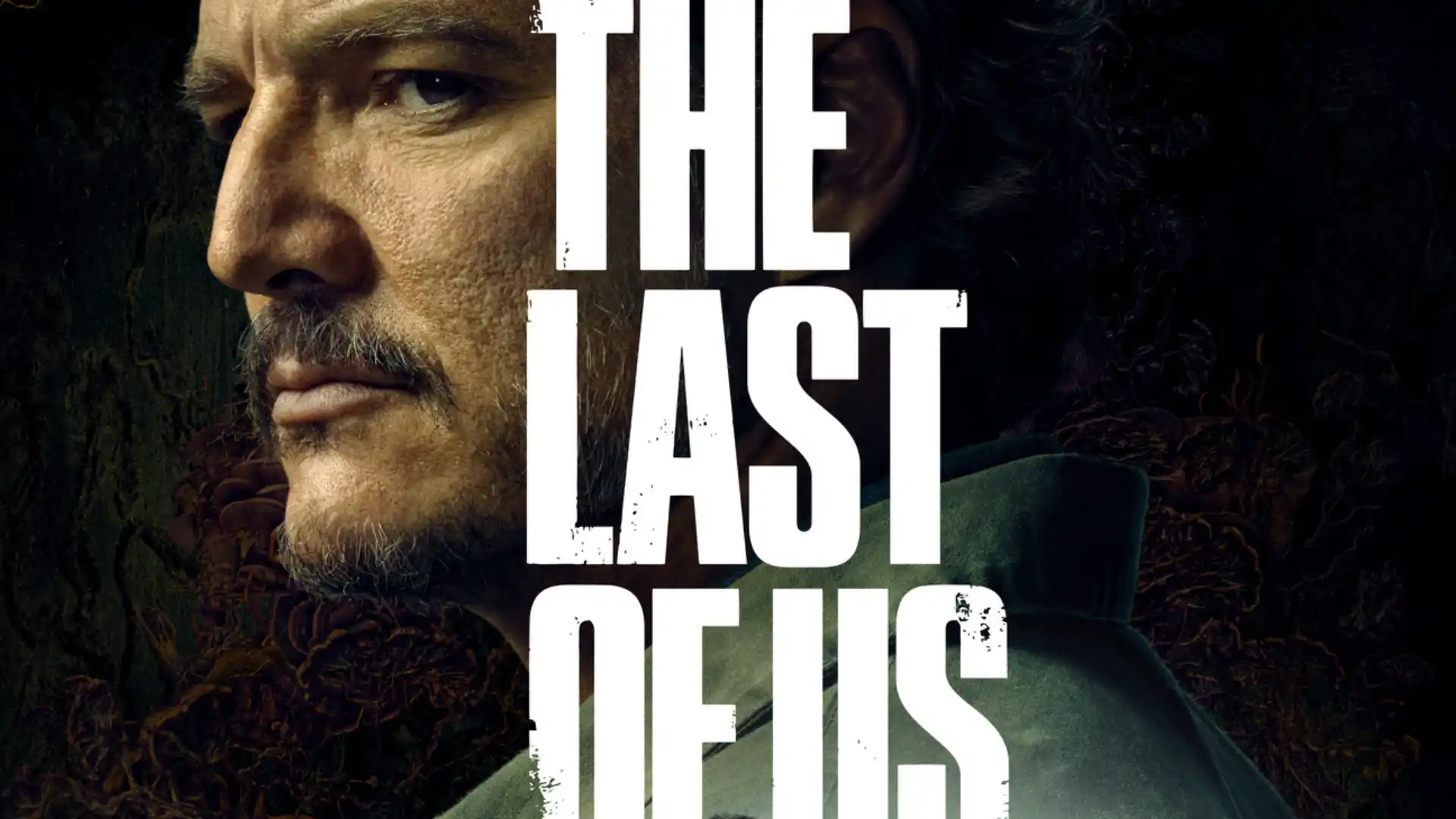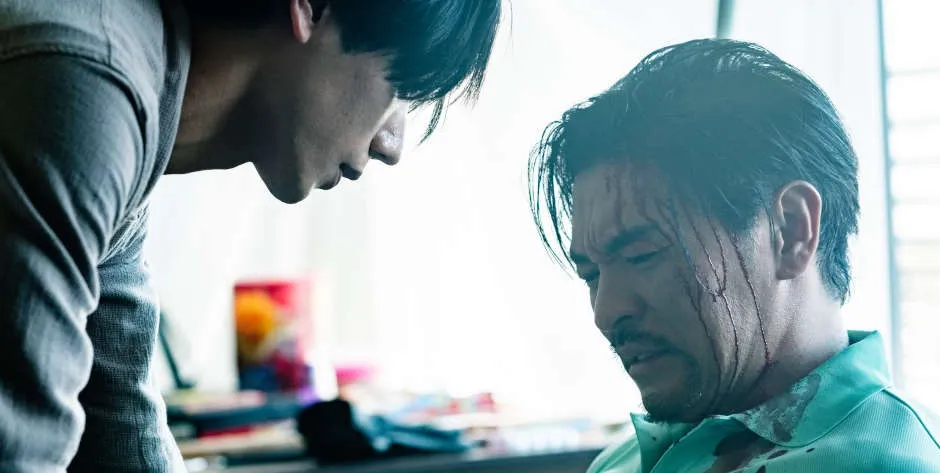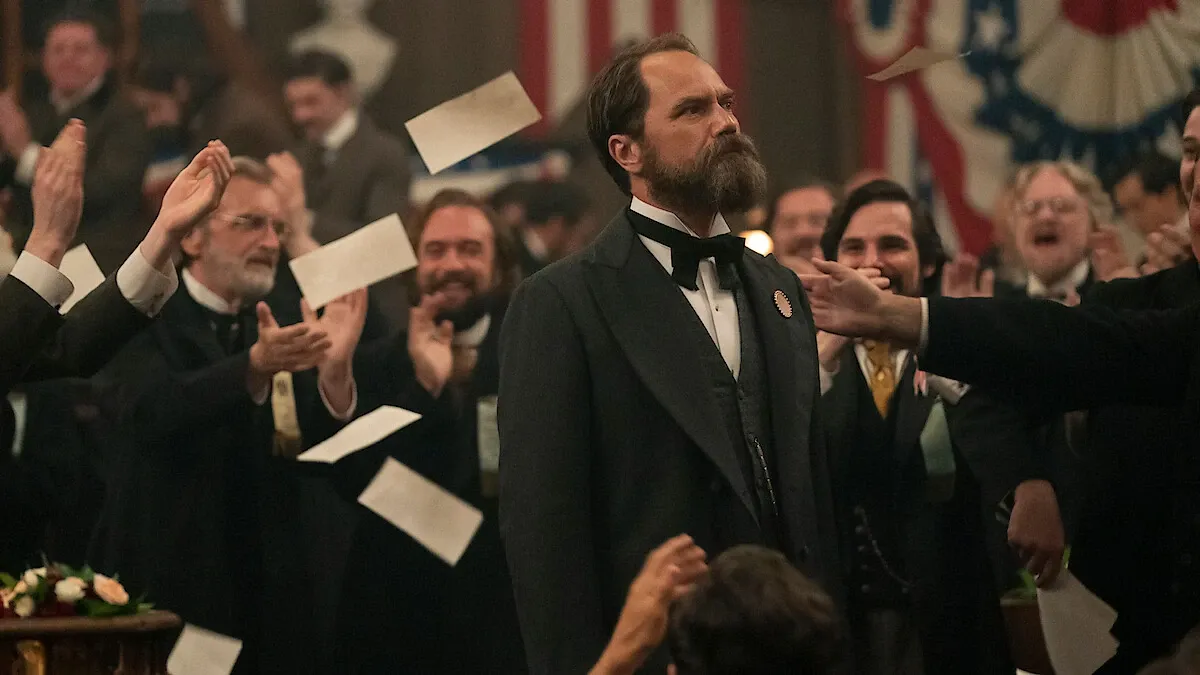To say The Last of Us Part 2, when it released as a video game five years ago, was divisive is to put it mildly. While many rightly praised it for the narrative bravery and bold structure, a certain contingent of gamers threw a tantrum because it refused to deliver the comforting power fantasy they were expecting.
For me, the love affair is a mixed one. I’ve always found Part 2 a better story than it is a game. On a purely mechanical level, it’s a confused and contradictory experience that rewards violence and grotesque behavior, even as the story condemns it. Playing The Last of Us Part 2 is like having someone encourage you to misbehave, only to instantly scold you for it.
As an adaptation, season 2 of The Last of Us improves upon its source material in every conceivable way. In place of immediate control, it gives us emotional interactivity, which proves a far better companion to the horrors ahead. We no longer have to consider our part in the action through limited gameplay. Instead, our part is to ask how we would react to the dilemmas presented in this tragedy.
The resulting series provides a richer, more nuanced conversation on the nature of violence, protection, and the societal contract. It is the best game adaptation ever made, and then some.
Season 2 picks up five years later. Ellie (Bella Ramsey) and Joel (Pedro Pascal) have tried to moved on from the fateful events in Salt Lake City. It was there that Joel saved Ellie from a certain death, but in doing so doomed any hope for humanity to develop a cure to the plague that nearly wiped out the planet. Even as Ellie demanded the truth from Joel, he chose to lie. Partly to protect Ellie, but mostly to protect his relationship with his surrogate daughter. It was a selfish choice that most would make.
From the outset, it’s clear their relationship has broken down. Joel tries therapy, with poor results, and Ellie buries herself in work and violence. Joel’s brother, Tommy (Diego Luna) tries his best to help, as do Jesse (Young Mazino) and Dina (Isabela Merced).
What happens from here, I won’t spoil. Fans of the game will know some things, while others will come as a surprise. As an adaptation, season 2 is both extremely faithful, yet drastically different. For me, it felt like experiencing the story all over again.
If you’re unaware of the original, season 2 will hit immensely hard. This is a rough, often unbearably grim depiction of the future. Whatever you thought about the first season, amplify that expectation for the second one. By the time it ends, we’ve barely even scratched the surface of how bad things can get.
What makes The Last of Us so fascinating is that it’s not about the end of the world. It’s about how many times a subjective world can end before we reach the end of our rope. For Joel, his world ended when his daughter, Sara, was killed. Then, when Tess died. In his eyes, the acting of saving Ellie was the same as saving the world — even if it doomed it for others.
None of our heroes look to the past, because there is nothing left to define it. The world exists in a perpetual dusk, where every day is survival and nothing more. When Joel’s past catches up with him, it comes as a surprise not because we didn’t know of his deeds, but because we didn’t expect anyone to care enough to chase him.
As in season 1, The Last of Us is fascinated by the concept of nature vs. nurture. It asks if we’re defined by our parenting or the world around us, and if that matters in the end. “I’ve made mistakes”, one character admits, “maybe when it’s your turn, you’ll do a little better”. But in a world where there might not be a next generation, how much longer can incremental change last?
Pascal and Ramsey are as superb as ever. Their easy chemistry works well even as they push each other away. We can sense how much they love each other and how much pain that love causes through acts of selfishness. Ramsey’s desperation to make things right proves most relatable, even when I couldn’t agree with her methods. Ellie has always toed the line between heroic and animalistic, and it’s here that line blurs so thoroughly, it might not even exist anymore.
Newcomer Kaitlyn Dever is equally impressive as Abby. She’s a mirror to Ellie, and in another life, you could see how they could have been friends. Dever’s part is limited, but she makes the most of every minute.
This season is bigger than the first one in every way, and parts of it feel like they could do with an episode or two just so it could breathe a little more. After seven episodes, I felt spent, breathless, and worn out. It’s an intentional result. This is not a series for binging.
But it accomplishes that which most sequels do not. It expands the world in meaningful ways, giving us just enough answers to raise more questions. The emptiness feels lived in, and characters we only heard mentioned in the game get entire stories of their own. Jeffrey Wright as Isaac and Joe Pantoliano as Eugene are particular highlights, with Wright’s character getting the bulk of smart additions that round out his thin character from the game.
Is this a fun series? No, absolutely not. It is grim, relentless, and unforgiving. There are multiple sequences that will spark disbelief and outrage. Some will question why they’re watching something that makes them feel this bad. But I will argue that the misery isn’t without merit. This is not a series that exists to provoke for fun. Instead, it forces us to reflect on our base desires and emotional reactions. How quickly they devour us, and how hard it is to move on, even if it’s the only road to survival.













